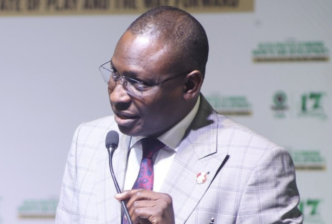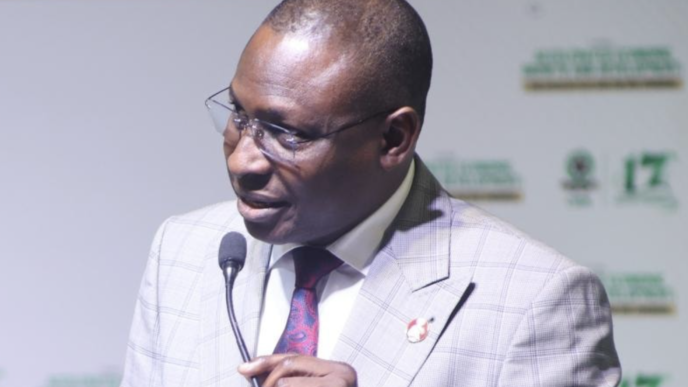The Central Bank of Nigeria (CBN) has directed all Domestic Systemically Important Banks (DSIBs) to strengthen succession planning by announcing the appointment of new managing directors (MDs) at least three months before the exit of incumbents.
DSIBs are banks that are too big to fail or financial institutions whose distress or disorderly failure, because of their size, complexity and systemic interconnectedness, would cause significant disruption to the wider financial system and economic activity.
In a circular signed by Rita Sike, director of financial policy and regulation, the apex bank said the measure is aimed at minimising disruptions in leadership transitions and safeguarding financial system stability.
According to the CBN, boards of DSIBs must obtain regulatory approval for successor appointments no later than six months before the end of a managing director’s tenure, after which the new MD or chief executive officer (CEO) must then be made public at least three months before the incumbent steps down.
Advertisement
“The requirement seeks to minimise disruptions at the top management level, enable top management appointees to prepare adequately for their new roles, and generally mitigate risks associated with abrupt changes in leadership,” the circular reads.
“In recognition of the critical role that Domestic Systemically Important Banks (DSIBs) play in sustaining financial system stability, the CBN hereby reiterates the importance of effective succession planning in these institutions.
“Consequently, and in line with good corporate governance practice, each DSIB is hereby required to:
Advertisement
“1. Ensure it obtains regulatory approval for the appointment of a successor Managing Director (MD/CEO) not later than six months to the expiration of the tenor of the incumbent MD/CEO.
“2. Publicly announce the appointment of the successor MD/CEO not later than three months to the planned exit of the incumbent MD/CEO.”
The apex bank added that effective succession planning is central to good corporate governance, especially for DSIBs, given their critical role in sustaining financial system stability.
Advertisement











